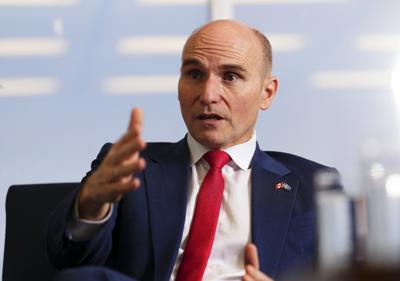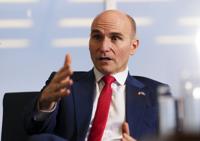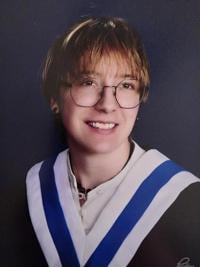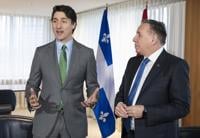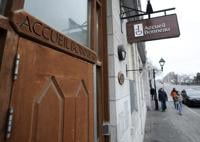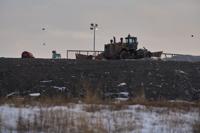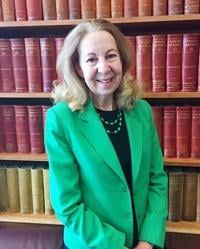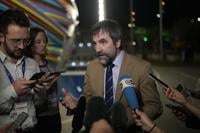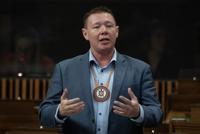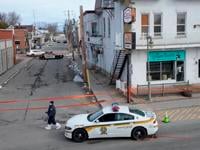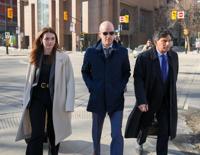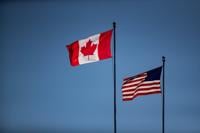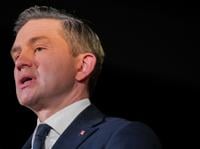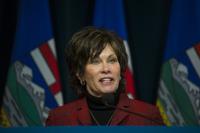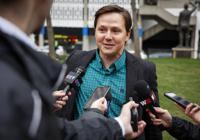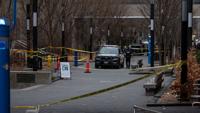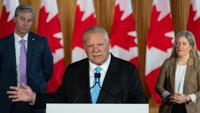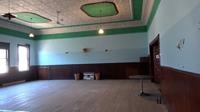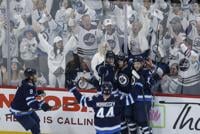GATINEAU, Que. - Justin Trudeau’s Liberals still haven't prepared enough for the next federal election, Public Services Minister Jean-Yves Duclos acknowledged in an interview this week in which he sidestepped questions about the prime minister’s future.
The party must do more to make ºÚÁϳԹÏÍøs understand the difference between the potential election of Pierre Poilievre and his Conservative party, and the continuity of the Liberals, Duclos said in an interview Wednesday in his department's offices in Gatineau.
Pre-campaign activities and efforts to contrast the Liberals with the Conservatives "must intensify," said Duclos, who is also Trudeau's Quebec lieutenant.
The minister is playing a central role in preparing the party for the upcoming battle for Quebec's 78 ridings in a federal election that could come early in the new year. On Friday, NDP Leader Jagmeet Singh said his party will bring forward a non-confidence motion to bring down the minority government in the next sitting of the House of Commons.
Duclos readily admits that the government was faced with a harsh reality last September after the Liberals lost a byelection in the Liberal stronghold of LaSalle-Émard-Verdun in Montreal — not long after losing another long-held riding, Toronto-St. Paul’s.
Three days after the stinging defeat in Montreal to the Bloc Québécois, Duclos was appointed Quebec lieutenant to replace Pablo Rodriguez, who quit his cabinet position to run for the leadership of the Quebec Liberal Party.
At the time, the main criticism from the national caucus was that Trudeau's team failed to properly put together and deploy a pre-election strategy, he said. "It’s a valid criticism," the minister acknowledged.
"What’s happening — and it’s normal — is that the government has been very busy managing a lot of issues over the past months and years," he explained, citing the housing crisis as an example.
But since November, he said, notable progress has been made in getting the troops ready, following the appointment of the new national campaign director, Andrew Bevan, and his deputy, Marjorie Michel. Another important step, he said, was the party's presentation of its plan — which has been followed with updates — to MPs on pre-election advertisements and the pace of candidate announcements for the upcoming election.
And he hinted that another issue taking up the government's time is the election of Donald Trump as the next president of the United States. Â
"Obviously it’s a challenge because in recent weeks we’ve also seen what’s happened south of the border," he said. "It’s a major challenge for the ministerial team — and for the MPs — to muster the energy needed to prepare for the campaign and create the contrasts (with the Conservatives) that will take us there."
Asked to clarify his remarks about election preparedness on Thursday, Duclos added over the phone that "we need to move even faster .... We are not underestimating the challenges of the next campaign and the importance of preparing for it."
Asked whether Trudeau will lead the party into the next election, Duclos remained evasive. On Monday, Chrystia Freeland abruptly resigned as deputy prime minister and finance minister, bringing simmering angst within the party to a boiling point. The number of MPs calling for the prime minister’s departure has grown steadily, some speaking behind the scenes and some openly.
Trudeau, who has not spoken to reporters since Freeland's resignation, has cancelled all of his scheduled end-of-year interviews. Duclos wouldn't say whether there were solutions to the crisis in the Liberal party other than the resignation of its leader, only saying that the prime minister bases his decisions on what is best for Canada.
"I think we are all — and not just him — in a mode that recognizes the crisis we have been experiencing since Monday and (focuses on) finding the quickest way to recover, to come together to do what we do quite well … which is building a better country for everyone," he said.
This report by ºÚÁϳԹÏÍø was first published Dec. 20, 2024.

